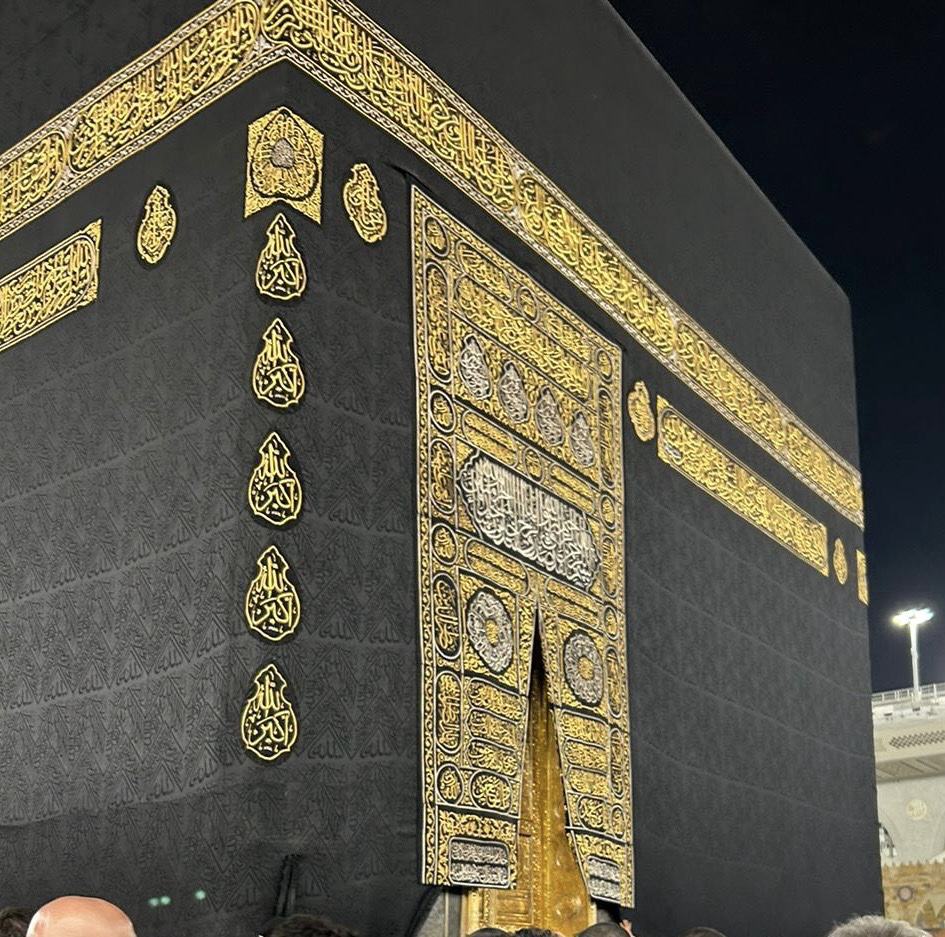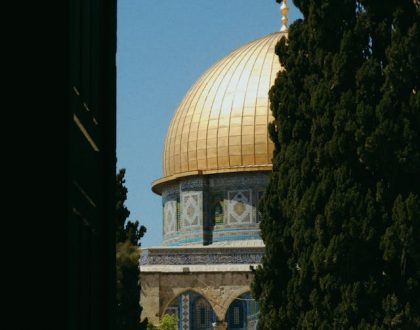Rulings on Hajj – Tarawih reflections 8

The history of Hajj
Hajj was the last of the five pillars to be made an obligation, around the year 7 or 8AH. In the year 9AH, Abu Bakr led the Hajj, and in the tenth year, the Prophet Muhammad ﷺ made his final Hajj with the whole Ummah, which at the time was around 120,000 companion. This was his Farewell Hajj, the only one he performed after it was obligated.
Hajj is actually a ritual that has been in the Ummah as far back as the time of Ibrahim (peace be upon him). There is some discussion among scholars about whether even Adam (peace be upon him) may have established the Kaaba first, and that Ibrahim (peace be upon him) rebuilt it on his foundations.
Distance yourself from Jahiliyya practices
There are a number of ayahs in Surat al-Baqarah dealing with the rules of Hajj, but if you don’t know the context, you may not be able to see why Allah is saying certain things.
Many Jahiliyya practices had crept into Hajj before Islam, and the Companions weren’t sure whether certain things were still allowed. For example, the Quraysh used to have two idols on the mountains of Safa and Marwa, which they used to run between. This is why Allah says,
‘Indeed Safa and Marwa are among the marks of Allah. So whoever comes to the House for Hajj or performs ‘Umrah, there is no sin for him if he makes rounds between them.’ [2:158]
This is the mark of how keen the Companions were to do only what pleased Allah, and to distance themselves from Jahiliyya. This is not easy, as we are often controlled by our community practices and might sacrifice some obligations in order to accommodate the culture. So the Quran here reminds us to be aware of these practices, avoid Jahiliyya and do the rituals which Allah has made obligatory.
Hajj should be equal for everyone
Another of the contextual rulings is to ‘disperse from where other people disperse’ [2:199] when you leave Arafat. These days, we know that everyone leaves Arafat to go to Muzdalifa, but this wasn’t the case with the Quraysh.
There used to be a group of people called al-Hums, meaning strong and resolute, which included the Quraysh and a few other tribes. There used to be a rule that only the Hums could do tawaf in their own clothes; everyone else either had to hire clothes from them, or do it naked.
This was because the Hums believed themselves to be an elite people with special privileges. This was a cultural practice which Islam abolished, making all believers equal.
Another thing the Hums used to do to make themselves special was to stay in Muzdalifa when everyone else went to Arafat. Since the Prophet Muhammad ﷺ was from the Quraysh, he was considered to be among the Hums, so when he performed Hajj, the Quraysh all waited to see whether he would go with the public or stay with the cultural VIPs.
This is why Allah revealed the ayah to ‘disperse from where other people disperse, and seek Allah’s forgiveness’ [2:199] – i.e. go with the majority of people and get rid of this cultural VIP status. These verses are therefore verses of equality.
Remember Allah and the Hereafter
The next ruling is that, ‘Once you have completed your rites, remember Allah as you used to remember your ancestors, and even more.’ [2:200]
Another Jahiliyya tradition was that when they finished Hajj, they would all gather and tell stories about their ancestors, just boasting about what their tribes used to do. Allah is saying to stop this and do dhikr of Allah instead.
Abu Hurayrah (may Allah be pleased with him) said that the Prophet (ﷺ) said:
“Allah, Most High, has removed from you the pride of the pre-Islamic period and its boasting in ancestors. Indeed a person is either a pious believer, or a miserable sinner. And people are all the children of Adam, and Adam was created from dust.” [Abu Dawoud and Tirmidhi]
At the end of the Jahiliyya Hajj, the Quraysh used to supplicate to Allah to make this a good year, give them good rizq, etc. They only used to ask for dunya matters, nothing about the akhirah, as they didn’t used to believe in it at all.
Among the people there is one who says: “Our Lord, give to us in this world” and he has no share in the Hereafter.[2:200]
Then He gives the famous dua Rabbana atina fid-dunya hasanah, wa fil-akhirati hasanah, wa qina ‘adhaban naar.
Our Lord, grant us good in this world, and good in the Hereafter, and protect us from the punishment of the Fire. [2:201]
In this ayah, Allah is reminding them again that the akhirah is real, and to ask for good things in dunya and akhirah.
We ask Allah to give us hasana in dunya and akhirah, and keep us away from Hellfire.
Based on the reflections of Shaykh Haytham Tamim
Transcribed by Hana Khan
Related FREE BOOKLET:The Spiritual Dimensions of Hajj
- The forces of Allah and the fate of the falsifiers
- Climbing the stairs: How to continue your spiritual journey post-Ramadan
- How Allah strengthens the hearts of believers
- Why should you follow up one good action with another one?
- Don’t be a Ramadani person – Be a Rabbani person.
Recommended Posts

The forces of Allah and the fate of the falsifiers
April 26, 2024

How Allah strengthens the hearts of believers
April 19, 2024

